Pray, Donate, and Support Rebecca LuElla Miller
For about a month, SpecFaith co-founder and Monday writer Rebecca LuElla Miller has been missing from this space. Those who follow us on Facebook and Twitter know why. Now here, Merrie Destefano provides an update.1
On April 13, 2017, Becky Miller realized she was sick. She didnât know it at the time, but she had suffered from both a stroke and a heart attack. She had also developed diabetes and high blood pressure. She needed to get to the doctor, but delayed going because her car wasnât working. As a single woman with next-to-no health insurance, the decision to go to the emergency room was a hard one to make.
Thankfully, she did get to the hospital. Sheâs back at home now and sheâs getting very good medical care. But she still canât work, her bills are piling up, she doesnât have the money for her medicines, and her car still doesnât work.
Many of you may already know Becky from the tireless, volunteer work sheâs done in the book community, running free blog tours, promoting Christian science fiction and fantasy, writing reviews, scheduling author interviews and helping authors build their careers.
Becky has always loved good stories. Please help her story to have a good ending.
She needs your help. Any donation, large or small, can help her. Five dollars might buy food, twenty dollars might pay for her medicine, one hundred dollars might buy a new battery for her car. It will be awhile before sheâs able to get back to work. Right now, sheâs focusing on retraining her muscles so she can go up and down her apartment stairs. Tasks we might think of as easyâlike doing laundry, writing emails, and buying groceriesâare next to impossible for her to do right now.
But you can help. A donation of any size will enable her recovery to go smoother.
Maybe you met her at a writerâs conference and she gave you some good advice, maybe she reviewed one of your books and youâve still got that nice rating on Amazon, maybe youâve known her for years or maybe you met her a few weeks ago…maybe youâve never met her and you just stumbled upon this Go Fund Me page.
However you got here, please just remember, there are times when every one of us needs help.
Please Stand By Becky in her hour of need.
Thank you very much for visiting Becky Millerâs Go Fund Me page. We sincerely appreciate every prayer lifted up on her behalf. And we hope you will join with us in this campaign.
 Update as of Saturday, May 6
Update as of Saturday, May 6
Hi, everyone! I just talked to Becky on the phone and here’s what she said, plus a brief update:
First, she sincerely appreciates all of your prayers and she’s overwhelmed by your generosity. She hasn’t been able to view the site yet, so I read her all of your kind comments and we both got a bit emotional in the process. (You all rock and thank you so much!)
Second, a quick update on her progress and current challenges:
She said she’s progressing a little bit every day, 3 steps forward, 2 steps back. She’s a little bit stronger. She’s walking with a cane now, instead of a walker. She said she can see God’s hand on her recovery, since the stroke could have been so much worse. She was able to stand without wobbling for the first time yesterday, although she still wobbles when she walks.
Her challenges:
She’s trying to use her left hand more to strengthen those muscles. She’s was able to type a little yesterday, but made a lot of mistakes. Her bigger challenge is her left leg. Her physical therapist has given her the task of walking across her porch 3 times a day, and walking up and down her stairs 3 times a day. But she has very little energyâpossibly from her stroke and her medicinesâso after doing any of these things, she has to rest for a long time.
Once again, thank you all very much! I’ll try to post another update on her recovery in a few days. God bless all of you!
Be the body of Christ and help support Becky’s needs. Over the weekend her friends and family raised more than $3,000. Let’s make that $5,000 this week, as we pray that Jesus will help Becky recover soon.
- Much of this article is reprinted with permission from Stand By Becky at GoFundMe, May 4, 2017. ↩




































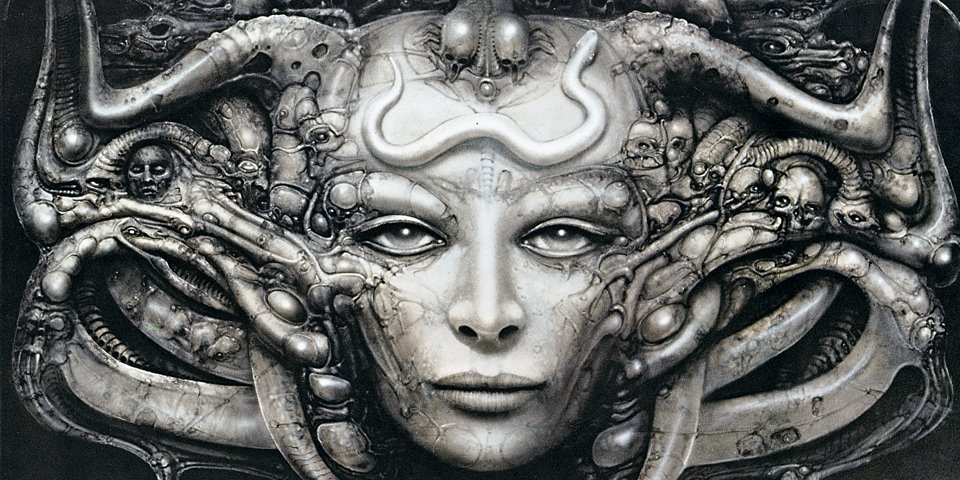



 Over the past several weeks, Iâve been researching the affect the Internet is having on our ability to concentrate.
Over the past several weeks, Iâve been researching the affect the Internet is having on our ability to concentrate. Last week, Ben Wolf, founder/editor-in-chief of Splickety Publishing shared a
Last week, Ben Wolf, founder/editor-in-chief of Splickety Publishing shared a  Cognitive neuroscientist Maryanne Wolf has developed a theory about the digital effects on reading. The brain is plastic, basically meaning it has an ability to reprogram itself based on changes we experience. The concern Wolf has is that the flood of information available online presents a danger to developing reading skills by presenting a radically different context in which we absorb information.
Cognitive neuroscientist Maryanne Wolf has developed a theory about the digital effects on reading. The brain is plastic, basically meaning it has an ability to reprogram itself based on changes we experience. The concern Wolf has is that the flood of information available online presents a danger to developing reading skills by presenting a radically different context in which we absorb information. What does this mean for readers and writers?
What does this mean for readers and writers?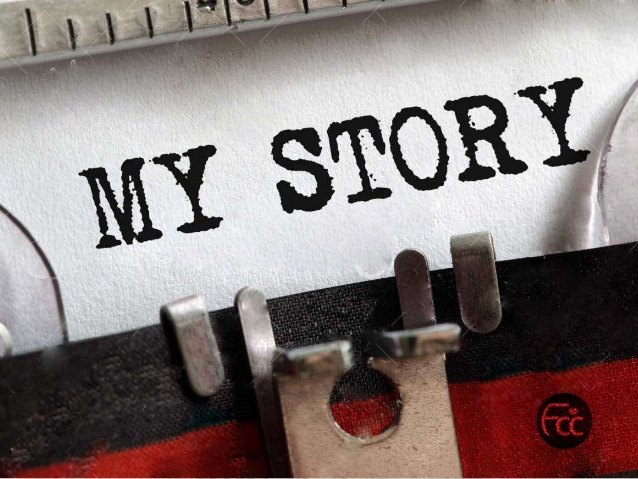

 My second âwhyâ is to communicate with my readers. I want to tell good stories and be read. I have no illusion in becoming a literary master or postmodern star or anything like that. To tell stories by learning the craft of storytelling for each book I write. I owe to myself and my readers. Also, I have never studied and practiced harder for anything in my life like I have with writing. And I want my readers to escape from their everyday lives when they are reading a Kammbia novel. If I can provide a relief for a few days of reading and they enjoy their experience, then I have done my job as a storyteller. I had to admit that to myself recently and be at peace with it because Iâm a serious person by nature. But, when I looked at my favorite novels and I saw this âwhyâ come clear to me and I had to embrace it.
My second âwhyâ is to communicate with my readers. I want to tell good stories and be read. I have no illusion in becoming a literary master or postmodern star or anything like that. To tell stories by learning the craft of storytelling for each book I write. I owe to myself and my readers. Also, I have never studied and practiced harder for anything in my life like I have with writing. And I want my readers to escape from their everyday lives when they are reading a Kammbia novel. If I can provide a relief for a few days of reading and they enjoy their experience, then I have done my job as a storyteller. I had to admit that to myself recently and be at peace with it because Iâm a serious person by nature. But, when I looked at my favorite novels and I saw this âwhyâ come clear to me and I had to embrace it. I felt the Holy Spirit showed me those âwhysâ to strengthen my faith. Now, I have to create the âworksâ in order to make it possible. Also, I know that itâs a possibility it will not happen. Very few writers make a living from their words. However, it becoming more of an opportunity with the advent of self/indie publishing. And knowing my âwhysâ have given me a piece of a mind and strengthen my faith in the process.
I felt the Holy Spirit showed me those âwhysâ to strengthen my faith. Now, I have to create the âworksâ in order to make it possible. Also, I know that itâs a possibility it will not happen. Very few writers make a living from their words. However, it becoming more of an opportunity with the advent of self/indie publishing. And knowing my âwhysâ have given me a piece of a mind and strengthen my faith in the process.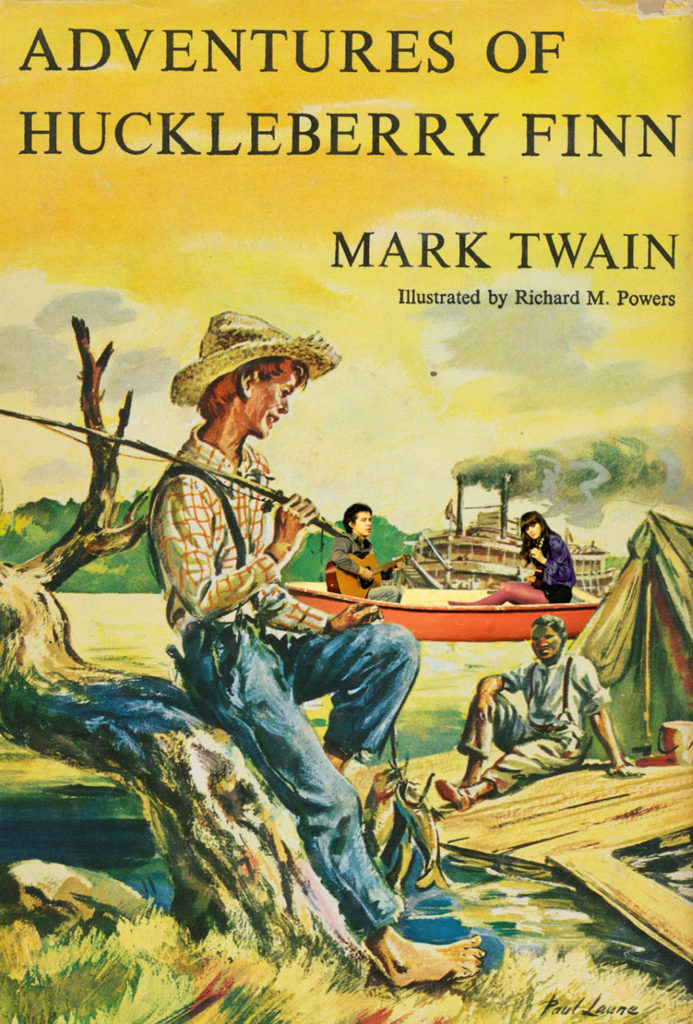
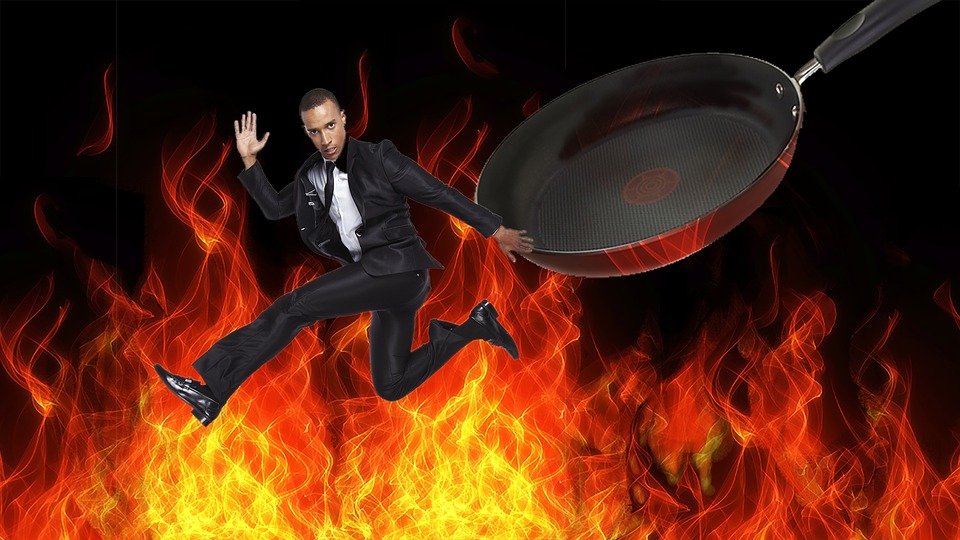
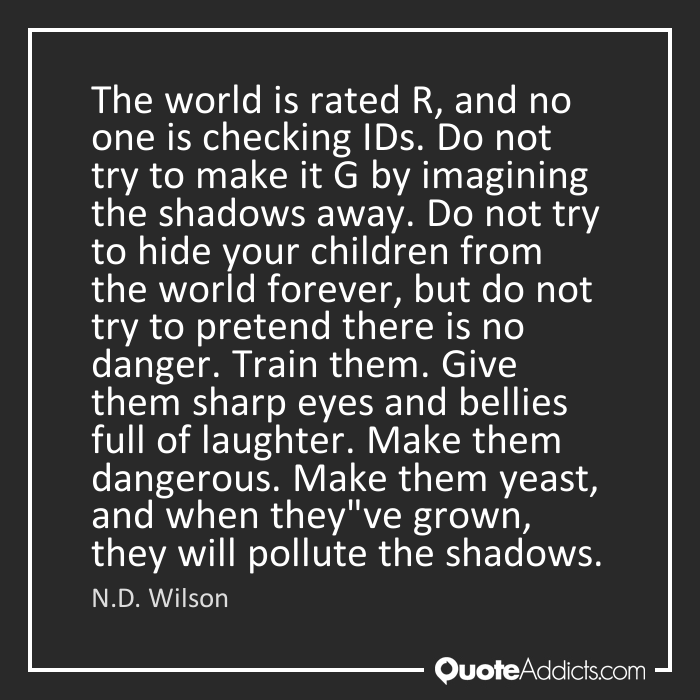

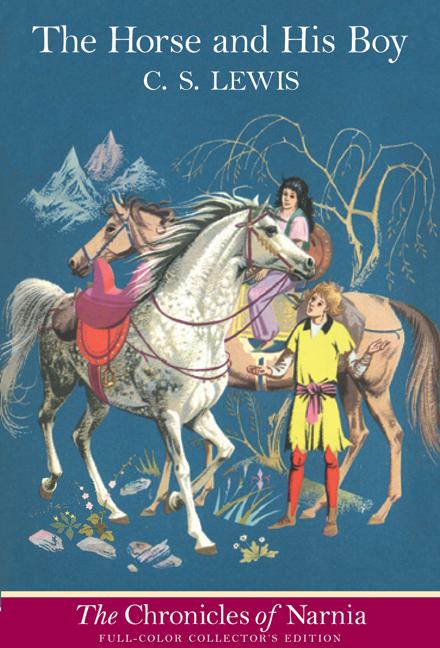
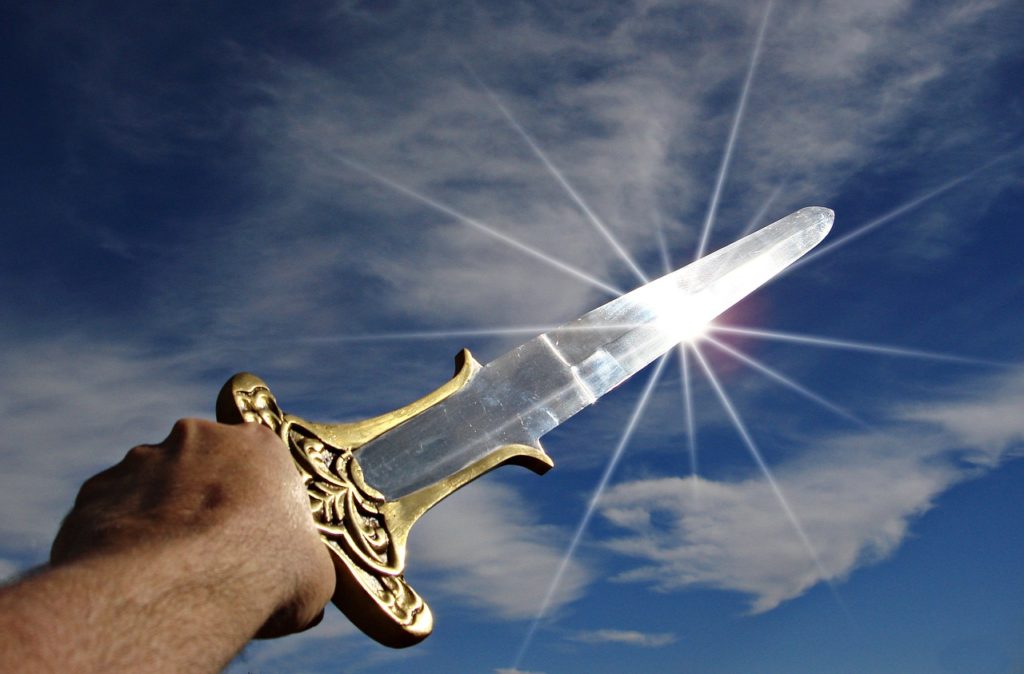
 As Christians, I think we have a tendency to drop the ball in this area. Itâs right and well that we protect young readers from content too mature for their age, and remain wary ourselves about the stories we consume.
As Christians, I think we have a tendency to drop the ball in this area. Itâs right and well that we protect young readers from content too mature for their age, and remain wary ourselves about the stories we consume.





 Coming back to Sam, heâs one of the most sacrificial characters youâll meet. Few characters I know of are as highly regarded as dear Sam.
Coming back to Sam, heâs one of the most sacrificial characters youâll meet. Few characters I know of are as highly regarded as dear Sam.




